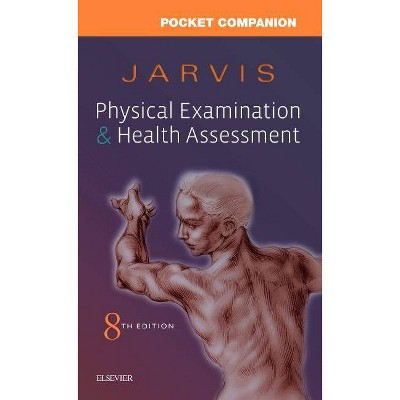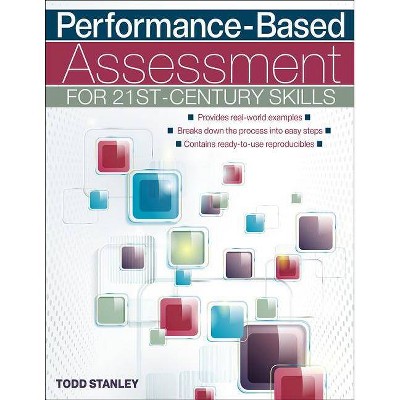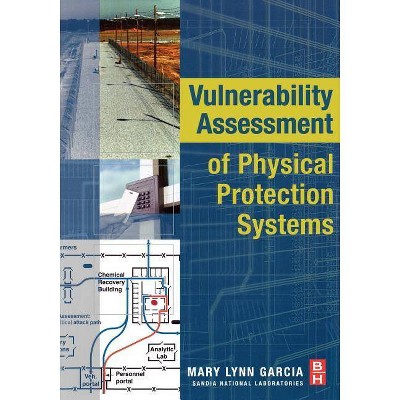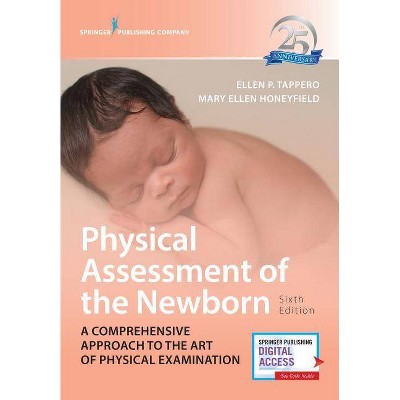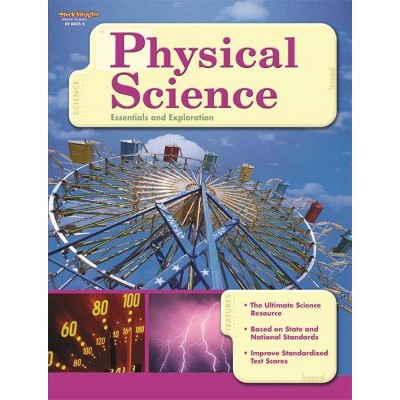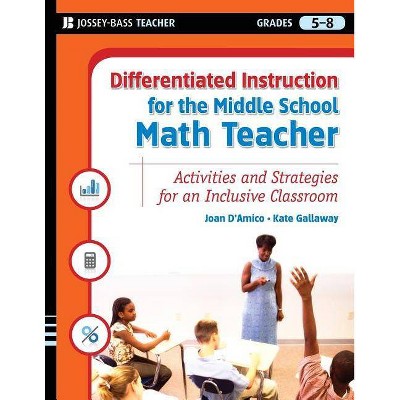Performance-Based Assessment for Middle and High School Physical Education - 3rd Edition by Jacalyn Lea Lund & Mary Fortman Kirk (Paperback)
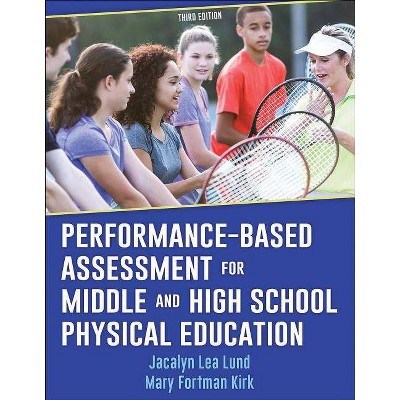
Similar Products
Products of same category from the store
AllProduct info
<p/><br></br><p><b> About the Book </b></p></br></br>The third edition of this popular and authoritative text includes three new chapters and numerous revisions and updates--all designed to help you effectively develop and use performance-based assessments. Comes with a web resource.<p/><br></br><p><b> Book Synopsis </b></p></br></br><i>Performance-Based Assessment for Middle and High School Physical Education </i>is a cutting-edge book that teachers trust for assessing middle school and high school physical education students. Also a highly popular undergraduate text for courses that focus on performance-based assessment, this new third edition features significant additions, enhancements, and updates: <ul><li>New chapters on effective management and instruction delivery, which make it appropriate for PETE instructors using the book for secondary methods courses</li><li>A new chapter on assessments with various instructional models, including Sport Education, Teaching Games for Understanding, Cooperative Learning, Personalized System of Instruction, and Teaching Personal and Social Responsibility</li><li>A new chapter on assessing dance (with sample dance units in the web resource)</li><li>A new sample unit on ultimate Frisbee in the chapter on invasion games</li><li>An expanded section on cognitive assessments, with suggestions for writing tests</li><li>Updated content on rubrics</li></ul><i>Performance-Based Assessment</i> shows readers how to use portfolios to assess fitness, and it offers an example of a portfolio assessment for a high school fitness course. It also guides readers in using skill tests in physical education. <p/> Written by two authors with a combined 26 years of experience teaching physical education in public schools, the text discusses various assessment formats, helping PETE students and in-service teachers know both what to assess and how to assess it. Readers learn how to develop culminating and progressive assessments, as well as plan for continuous performance-based assessments and acquire effective teaching strategies for standards-based instruction. All content is aligned with current SHAPE America national standards and is supported by research from educational assessment giants such as Tom Guskey, Richard Stiggins, Dylan William, Robert Marzano, and James Popham. <p/> The book is organized into four parts, with <b>part I</b> introducing readers to performance-based assessment issues such as the need for change in the assessment process, how assessments can be used to enhance learning, the various assessment domains and methods, and the use of rubrics in assessments. <b>Part II</b> explores aspects of managing and implementing physical education lessons. In <b>part III</b>, readers learn about the components of performance-based assessment, and in <b>part IV</b>, they delve into issues affecting grading and implementing continuous performance-based assessment. <p/> This groundbreaking text explains the theory behind assessment and, through its numerous models, shows how to apply that theory in practice. The text is filled with practical examples, much more so than the typical assessment book. And it is supplemented by a web resource that houses forms, charts, and other material for instructors to use in their performance-based assessments. <p/> Class size, skill levels, and time factors can make assessments difficult--but far from impossible. The examples in the book are meant to be modified as needed, with the ideas in the book used as starting points. <p/> Teachers can use the material, examples, and tools in this book to create assessments that enhance student learning, providing them feedback to let them know what they have accomplished and how they can work toward goals of greater competence.<p/><br></br><p><b> About the Author </b></p></br></br><b>Jacalyn Lea Lund, PhD, </b>is a professor and the chair of the department of kinesiology and health at Georgia State University in Atlanta. She began her teacher educator career in 1990 following graduation from Ohio State University and had 16 years of teaching experience in public schools prior to that. She has presented on assessment at conferences and numerous workshops and has taught many classes on assessment in physical education. <br> Dr. Lund has been a member of SHAPE America for over 40 years, most recently serving as the association's president. She was on the committee that developed the organization's 1995 content standards for physical education. In 2013 she was inducted into the SHAPE America Hall of Fame. She is a fellow of the National Academy of Kinesiology. Dr. Lund loves spending time with her family, dancing, reading, and, as she puts it, "having her dogs take her for a walk." <br><b>Mary Fortman Kirk, PhD, </b> is a professor of physical education at Northern Kentucky University (NKU). She was an NKU department chair for eight years and is a former coordinator of the health and physical education programs. She also taught physical education at the high school level for 10 years. Dr. Kirk has given many presentations on portfolios and alternative assessment at conferences, including those of SHAPE America and the National Association for Physical Education in Higher Education. She was appointed by the Kentucky commissioner of education to serve on the state task force for the development of physical education assessment and performance assessment of new teachers. <br> Dr. Kirk earned an MA in motor learning and physical education from Michigan State University in 1973 and a PhD in motor development and teacher preparation from Ohio State University in 1989. She is the author of two books on pre-sport development programs for the National Alliance for Youth Sports and for the Girl Scouts of the USA.
Price History
Price Archive shows prices from various stores, lets you see history and find the cheapest. There is no actual sale on the website. For all support, inquiry and suggestion messagescommunication@pricearchive.us



